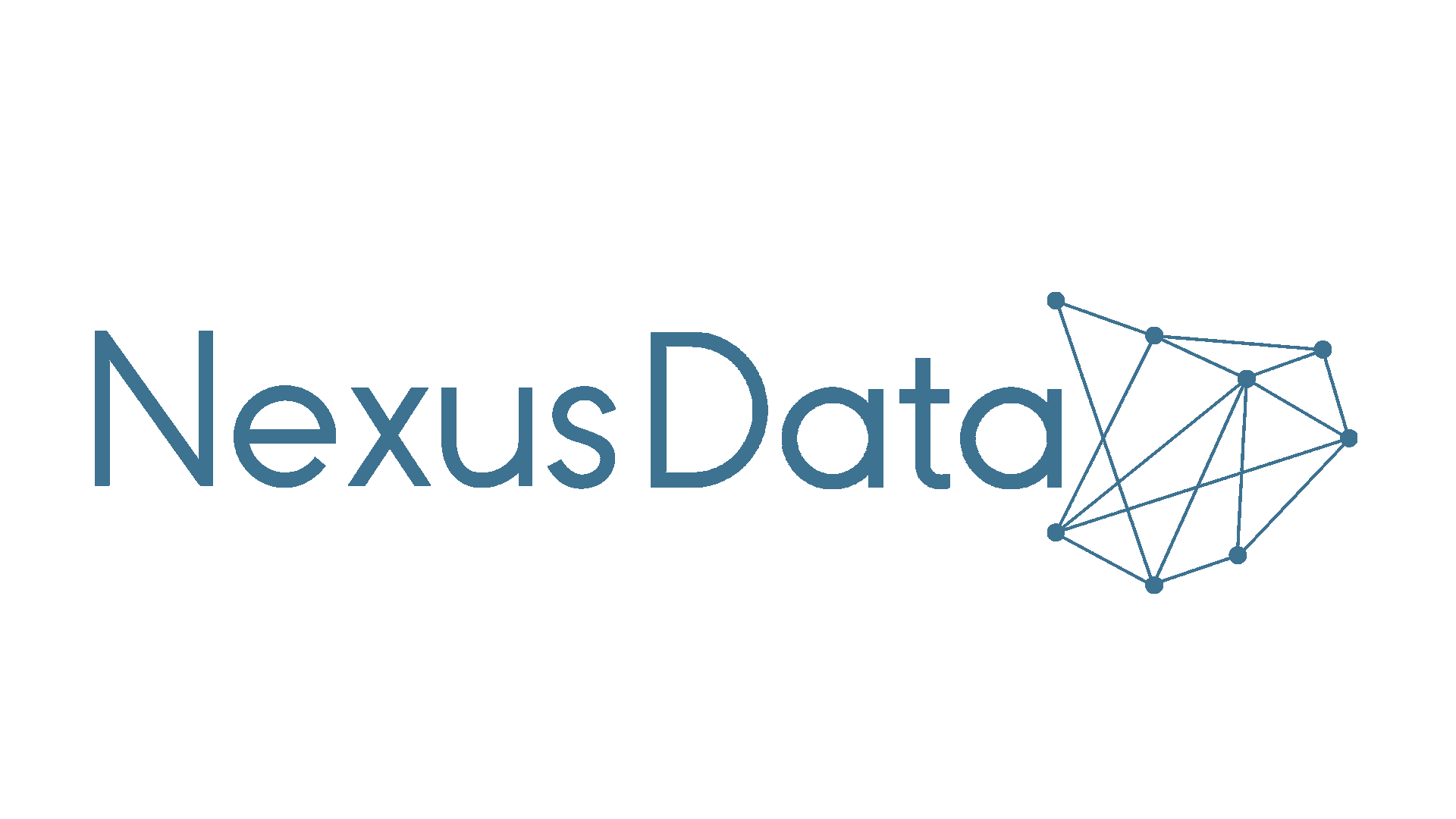How to transform your company’s data into actionable insights that drive growth and profitability.
Data is more than just numbers and statistics—it’s a goldmine waiting to be tapped. Yet, many companies struggle to convert their vast data reserves into improved profitability.
Understanding Data Value
Generating profit from data isn’t just about collecting information—it’s about transforming that data into actionable insights that drive business growth. This is where the growth opportunity lies for many companies. A key element in this process is becoming a data-confident leader. This involves understanding the strategic importance of data and making informed decisions based on robust data analytics. Let’s break down what this entails:
Identifying Opportunities
The first step is recognising where data can make a significant impact. This involves understanding the specific business problems that data can solve, whether it is improving customer experience, optimising operations, or identifying new revenue streams. For instance, revenue assurance projects can uncover billing discrepancies, leading to recovered revenue.
Actionable Insights
Generating value from data isn’t just about collection; it’s about transformation. Data must be transformed to produce actionable insights that inform decision-making. This requires analytics to uncover patterns and predict outcomes. For example, predictive analytics can help anticipate customer behaviour, allowing for proactive strategies to enhance customer retention and increase sales.
Strategic Implementation
Effective data strategies are aligned with business objectives. This means integrating data analytics into everyday business processes and decision-making frameworks. A Data Value Architect (DVA) plays a crucial role here, ensuring that data initiatives are not only aligned with business goals but also generate measurable value. This strategic alignment transforms data from a static resource into a dynamic asset that drives growth.
Efficiency and Cost-Savings
Streamlined data processes improve efficiency and reduce costs. By implementing fit-for-purpose data trust processes, businesses can ensure high data quality and the integrity of their results. This leads to more efficient operations and significant cost savings, as redundant processes are eliminated and resources are better utilised.
Collaboration and Alignment
Breaking down silos and fostering a collaborative culture is essential for maximising data value. When different departments work together, sharing insights and strategies, the entire organisation benefits. This alignment ensures that data initiatives are supported across the board, leading to more cohesive and effective implementations.
Maximising ROI
A critical aspect of generating value from data is ensuring a high return on investment (ROI). This involves continuously monitoring the returns from data initiatives and optimising them for better performance. By focusing on initiatives with clear, measurable impacts, businesses can ensure that their investments in data analytics yield substantial returns.
Future-Proofing
As technology evolves, staying adaptable is key. This means continuously integrating new technologies and staying ahead of industry trends. A DVA ensures that the business remains agile, innovative, and competitive, positioning it for long-term success.
Generating value from data means turning it into a strategic asset that drives business growth, enhances decision-making, and improves efficiency. It’s about making data work for you, transforming it from raw information into insights that deliver measurable, tangible outcomes.
Still not sure what you can do to generate value from data? Here’s a list of 6 powerful examples to get data-value savvy:
- Customer Segmentation and Personalization: Use data to segment customers and tailor marketing efforts, improving engagement and conversion rates.
- Predictive Maintenance: Analyze equipment data to predict failures and schedule maintenance, reducing downtime and costs.
- Revenue Assurance: Identify and recover lost revenue due to billing errors or discrepancies.
- Process Analytics: Identify key process bottlenecks so they can be removed to improve efficiency and reduce cost.
- Product Development: Leverage customer feedback and usage data to inform and accelerate product development cycles.
- Workforce Analytics: Analyze employee data to improve talent management, productivity, and satisfaction, leading to a more efficient and engaged workforce.
Your organisation has untapped potential. Start by identifying the opportunities, and then plan your strategy to unlock the value.
Want to find out how you can grow your revenue by using data?
Accelerate Your Data Value Confidently is a book for CEOs and business leaders that want to accelerate their business growth by using data as a value driver. Sign up to be the first to read it.
Written by Karl Dinkelmann CA(SA). Karl is the CEO of Nexus Data, and a visionary leader in business and data analytics strategy. With nearly two decades of experience, Karl has spearheaded transformative initiatives for global organisations, including Nestle, AIG, Dimension Data and several others. His consulting work has led to clients generating multiple millions of dollars in value, and the establishment of class-leading data functions. Karl’s strategic vision empowers organisations to unlock accelerated
business value from their data.

